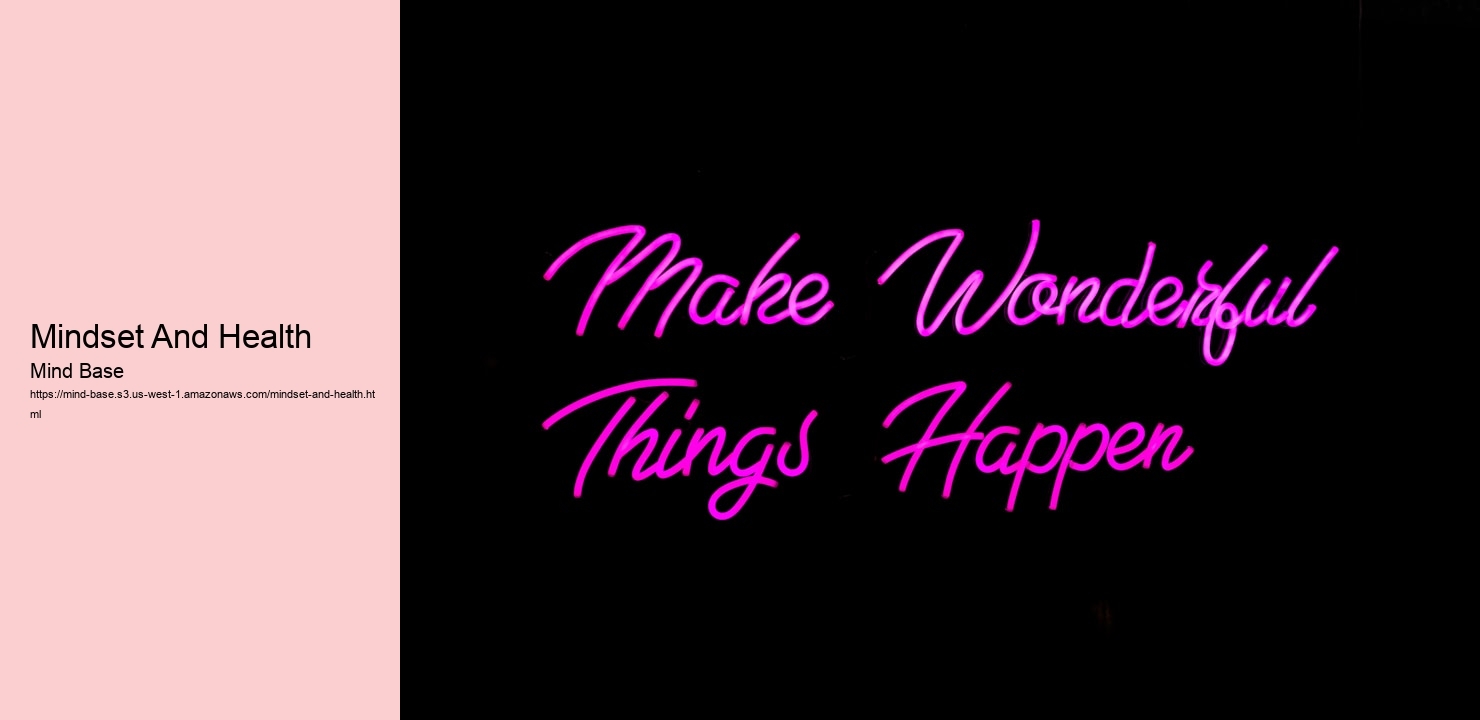
Therapy has undergone significant transformations over the years, particularly in cities like Calgary where diverse needs meet innovative solutions. Originally, therapeutic practices were rooted in ancient traditions and often intertwined with spiritual or religious rituals. Over time, the scientific approach took precedence, leading to more structured methodologies aimed at addressing specific health concerns. In Calgary, this transition mirrors global trends but also reflects the unique cultural mosaic of the city, hwihc influences therapy methods to accommodate various backgrounds and beliefs.
As society began recognizing the importance of mental health alongside physical well-being, psychotherapy emerged as a pivotal aspect of treatment. This development meant that therapy was no longer just about alleviating physical symptoms but also about understanding and treating emotional and psychological issues. In Calgary, therapists have embraced this evolution by offering a variety of psychotherapeutic approaches tailored to individual needs. Techniques such as cognitive-behavioral therapy (CBT), dialectical behavior therapy (DBT), and mindfulness are increasingly integrated into practice, reflecting a broader acceptance of mental health care.
The incorporation of technology into therapeutic practices marks another significant milestone in their evolution. Digital platforms now facilitate remote consultations, making therapy more accessible than ever before for Calgary residents who may face barriers due to geography or mobility issues. Additionally, apps designed for mental health monitoring offer clients tools to track their progress between sessions.
With growing awareness around wellness and self-care, holistic therapies are gaining traction among Calgarians seeking comprehensive healing experiences. The integration of alternative therapies such as yoga, meditation, and acupuncture with traditional counseling techniques illustrates a trend towards addressing the mind-body connection holistically. This approach is particularly appealing in a city like Calgary where outdoor lifestyles encourage an appreciation for balance between physical activity and mental relaxation.

In effect this means that therapy's evolution continues to adapt dynamically within cities like Calgary, responding aptly to changing societal values and advancements in knowledge and technology. As therapists strive to meet the diverse needs of their clients through innovative practices-whether by embracing new technologies or integrating holistic methods-they contribute significantly to overall community wellness. Recognizing these shifts allows both practitioners and clients alike to engage in meaningful therapeutic journeys tailored uniquely for them.
Cognitive concepts play a pivotal role in the realm of psychotherapy, particularly for those practicing in Calgary. These concepts revolve around the idea that our thoughts greatly influence our emotions and behaviors. By identifying and challenging distorted or maladaptive thinking patterns, therapists can help clients develop healthier perspectives. This cognitive restructuring is integral to many therapeutic approaches, such as Cognitive Behavioral Therapy (CBT), which is widely utilized by therapists in Calgary to address various mental health concerns.


In therapy sessions, understanding how clients perceive their experiences is crucial. Perceptions are subjective interpretations that can significantly affect emotional responses. For instance, if an individual interprets a neutral event as threatening due to past experiences or ingrained beliefs, it may lead to anxiety or other emotional distress. Therapists in Calgary often work with clients to explore these thought patterns, helping them recognize biases and reframe their perceptions for healthier outcomes.
Emotional regulation is another critical aspect where cognitive concepts come into play. By teaching clients strategies to manage their emotions effectively, therapists enable them to cope better with life's challenges. Techniques such as mindfulness and self-reflection allow individuals to become more aware of their emotional states and the underlying cognitive processes driving them. In Calgary's therapy practices, incorporating these techniques helps individuals gain control over impulsive reactions and fosters emotional resilience.
Cognitive flexibility refers to the ability to adapt one's thinking when faced with new information or changing circumstances. It involves being open-minded and willing to consider different perspectives.

To put it short, cognitive concepts form the backbone of effective therapeutic interventions practiced by skilled therapists in Calgary. Psychological Testing By focusing on altering thought patterns and enhancing cognitive flexibility, these professionals empower individuals to overcome mental health challenges and improve their overall quality of life. Embracing these principles allows for a more nuanced approach tailored specifically towards each client's unique needs within the therapeutic setting.

Psychotherapy (additionally emotional treatment, talk treatment, or talking treatment) is making use of psychological techniques, specifically when based on routine individual interaction, to help a person adjustment actions, rise happiness, and get over troubles. Psychiatric therapy intends to boost a person's well-being and mental wellness, to deal with or alleviate bothersome actions, ideas, obsessions, ideas, or feelings, and to enhance relationships and social abilities. Numerous types of psychotherapy have been designed either for specific grownups, families, or youngsters and teenagers. Some kinds of psychotherapy are thought about evidence-based for treating identified mental illness; various other kinds have actually been criticized as pseudoscience. There are thousands of psychiatric therapy methods, some being small variations; others are based on extremely different conceptions of psychology. Many approaches entail one-to-one sessions, in between the client and therapist, but some are carried out with teams, consisting of pairs and family members. Psychotherapists may be psychological health and wellness experts such as psychiatrists, psycho therapists, mental health and wellness nurses, clinical social employees, marital relationship and household specialists, or specialist counselors. Psychotherapists may additionally come from a variety of other backgrounds, and relying on the territory might be legitimately managed, voluntarily controlled or uncontrolled (and the term itself may be shielded or otherwise).
.Psychological wellness incorporates emotional, emotional, and social health, affecting cognition, perception, and actions. According to the World Health And Wellness Company (WHO), it is a "state of wellness in which the private recognizes his or her capabilities, can cope with the regular stress and anxieties of life, can function productively and fruitfully, and can add to his/her community". It furthermore identifies just how an individual deals with stress and anxiety, social connections, and decision-making. Psychological health and wellness consists of subjective wellness, viewed self-efficacy, freedom, competence, intergenerational dependence, and self-actualization of one's intellectual and emotional possibility, to name a few. From the perspectives of favorable psychology or holism, mental wellness may consist of a person's ability to appreciate life and to develop an equilibrium between life activities and efforts to attain emotional strength. Social distinctions, individual approach, subjective evaluations, and contending specialist concepts all impact how one defines "psychological wellness". Some early signs associated with psychological health and wellness difficulties are sleep irritation, absence of power, absence of appetite, thinking of hurting oneself or others, self-isolating (though introversion and seclusion aren't always unhealthy), and regularly zoning out.
.Online therapy in Calgary connects residents to licensed psychologists via secure video, offering flexibility. It’s as effective as in-person sessions for anxiety, depression, and more.
Support groups for mental health in Calgary bring people together to share experiences and coping strategies. Facilitated by professionals, they offer community and emotional support locally.
Therapy for bipolar disorder in Calgary balances mood swings with CBT and support plans. Psychologists help clients manage episodes and maintain stability effectively.